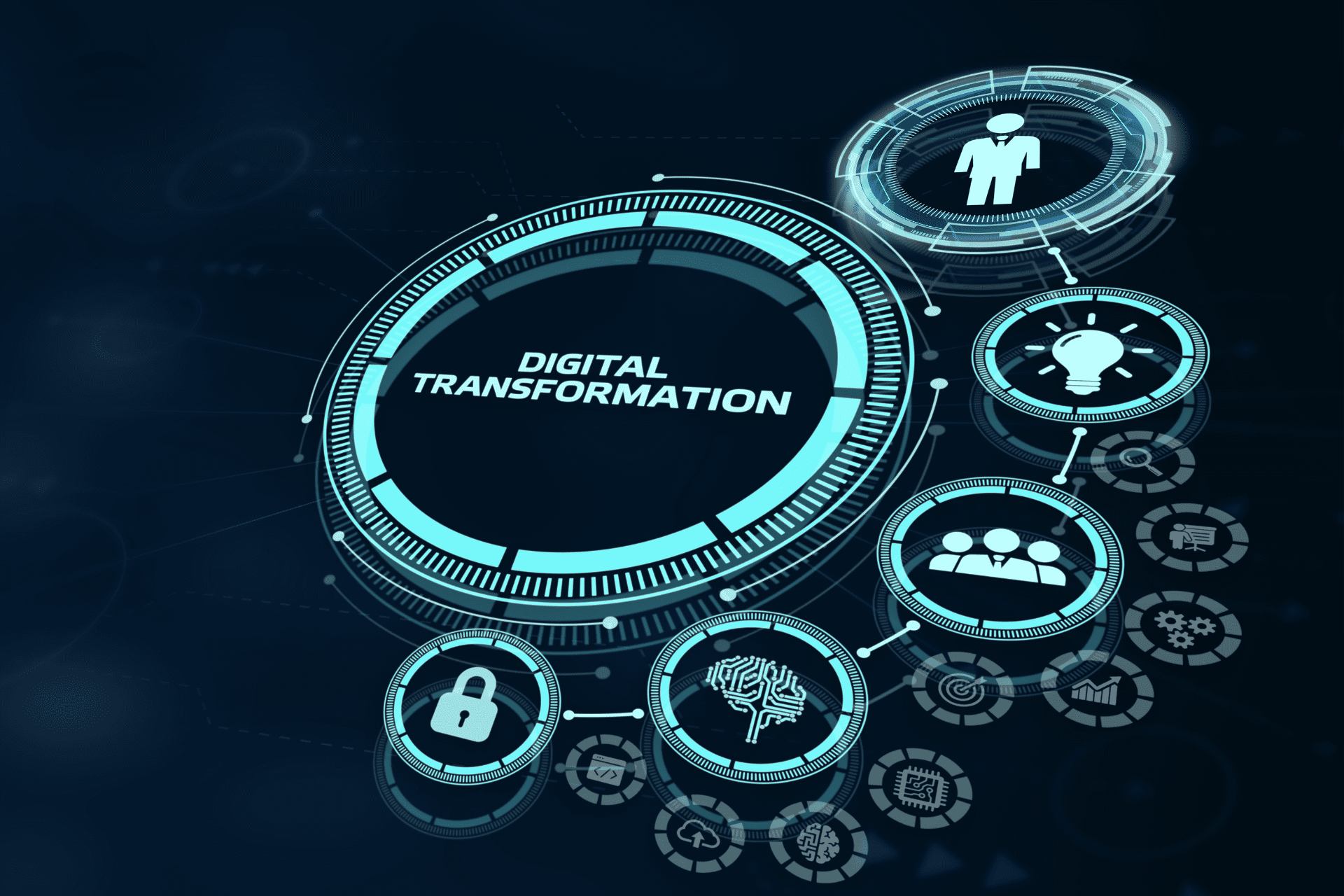Share
Read also

Trends & Views
Digital transformation strategies

Business Software
CRM 2025 market: Response to increasing customer demands

Business Software
Understanding the ERP lifecycle management

Mobility
How is EM shaping the way SMBs operate?
Many people argue that CRM actually “invented” the cloud. Although this may not be entirely the case, it is true that CRM has played an important role in establishing this technology and understanding its significance.
In many cases, organizations were first introduced to the cloud services when their sales department realized that the existing customized CRM system was not enough and they needed to come up with a different solution. This led to a series of CRM proposals and solutions that were -more or less- adapted to the needs of sales and provided a wide range of tools. According to Gartner, the CRM SaaS market is expected to grow by more than 22.6% per year by 2017. Actually, the same survey argues that by 2025, SaaS can amount to 85% of the entire CRM market.
Regarding the changes that cloud CRM brought to the market, these are relatively obvious. First of all, the decisions related to purchases are now being taken based on the input of many different business departments.
Sales can now use a self-managed control system that is essentially not controlled by IT. Of course, there are those who argue that the whole process went a bit further than if should have and that’s the reason why organizations need to deal with this issue by confirming that the entire process of sales, marketing, customer communication and satisfaction is progressing smoothly and without any problems. As for IT, they need to supervise the strategy that pertains to technical aspects. On the contrary, business operations need to be in charge of meeting the customers’ needs.
There is no doubt that mobile technology has taken over modern business operations, as it provides organizations with application availability regardless of the location. Nevertheless, some have already started wondering about the significance of mobile technology and its future role, especially when it comes to further expanding cloud-based CRM solutions.
Based on all the surveys conducted so far, mobile technology still plays a major role in everyday business operations, especially since the salesforces of the organizations are highly mobile, customers are mobile and -at the same time- devices are constantly and rapidly being transformed, thus making the “friendliness” and co-operation of cloud-based CRM applications with mobile devices, at least necessary.
Besides mobility, a series of other functional and technological realities are expected to make their appearance in the near future. For example, one of the main issues pertaining to CRM will be the completion of integration with emerging realities, such as big data, Internet of Things (IoT) and virtual reality. The purpose for all this would be for customers to have the best possible information provided quickly and efficiently and renewed at regular intervals.
The ultimate goal for businesses is to be able to meet their customers’ requirements and demands before these are even expressed! Just think of a mobile phone user trying to call a number, but failing to do so 3 or 4 times in the row due to network issues. In such a case, the mobile carrier could contact the customer and offer him/her benefits and/or incentives as a compensation, before he/she called the company in order to protest for the poor level of the provided telecommunication services. How pleasantly surprised do you think that customer would be? How much its customer experience and total satisfaction would be improved? And ultimately, how much would the carrier benefit from this? You may think this cannot actually be done. We urge you to stay tuned…







